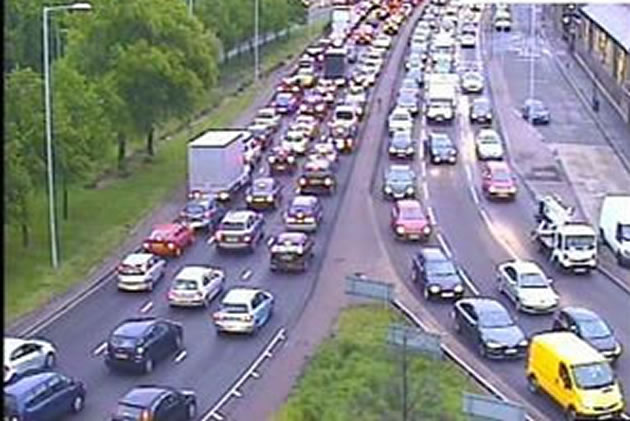Mayor Confirms Ultra-Low Emission Zone Starts April 2019
Daily fee for vehicles is 17 months earlier than originally proposed

It has been announced that the Ultra-Low Emission Zone (ULEZ) is going to be introduced earlier than expected with the scheme now planned to begin in April 2019. This will mean a daily charge for vehicles which don't meet the latest emission standards if they wish to drive within the current Congestion Charge Zone. It is understood that there will be a three year exemption for residents within the zone. There is no indication at this stage that the extension of the ULEZ to all roads within the North and South Circular Roads will be brought forward.
The scheme was first developed by former mayor Boris Johnson who’d planned for it to launch in September 2020.
However, once elected Sadiq Khan asked Transport for London (TfL) to consult on bringing the scheme forward, saying the planned introduction date was too late and more urgent action needed to be taken to boost public health.
More than 18,000 Londoners responded to the consultation, 63 per cent of whom backed the plan to bring forward the launch date. Following this consultation, Mr Khan has ordered TfL to launch the scheme on 8 April 2019.
The ULEZ will operate 24 hours a days, all-year round and unlike the congestion charge will not be suspended over Christmas. Once up and running, the scheme will replace the ’T-Charge’ launched by Mr Khan last month.
Up to 60,000 vehicles a day will be affected, with drivers of cars, vans and motorbikes which don’t meet Euro 6 standards for diesel vehicles or Euro 4 standard for petrol vehicles, charged £12.50 to enter the ULEZ area. Owners of lorries, buses and coaches which fail to meet the standards will face a daily £100 fee.
These charges will be in addition to the Congestion Charge, so non-exempt cars and vans would pay £24 per day and lorries would pay £111.50 during C-Charge hours.
City Hall says all revenue raised will be used to help fund the transport network, including supporting efforts to clean up the bus fleet.
Mayor Khan said: “London’s lethal air is one of the biggest health challenges of this generation. We can’t continue breathing in air so toxic it harms children’s lung development and causes chronic illness and premature death.
“I am determined to take the bold action needed to address this scourge once and for all. So I am pleased to confirm that from 8th April 2019 – 17 months earlier than planned – stricter standards for diesel vehicles will apply 24/7 across central London. This builds on the success of the T-Charge and is part of my comprehensive plan to clean London’s air.”
Earlier this year the Federation of Small Businesses warned that bringing forward the scheme risks plunging small firms into “significant financial hardship” .
November 5, 2017